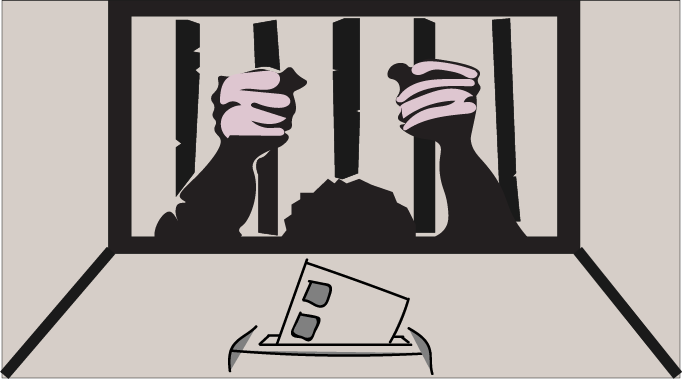There is something beautiful about Boston on a brisk Saturday morning.
Around 6 a.m. last weekend, I ventured toward the Boston Rescue Mission with a group of student volunteers. I hopped off of the T at Park Street station and was struck by the frigid winter wind blowing in my face. Although many people passed by us and vanished into the warmth of the underground trains, our group of students reluctantly trudged through Boston Common-many longing to crawl back into their beds with the rest of the Boston College community.
Upon arriving at the Boston Rescue Mission, we all prepared various meals to distribute to the homeless community. These were foods that were donated, ranging from leftover pastries from Panera to sandwiches from restaurants on the North End.
Our group ventured back toward Park Street with tubs of food, where hundreds of homeless individuals gathered, patiently awaiting our arrival. On this chilly Saturday morning, crowds of hungry people formed orderly lines-hoping for a free meal-while others were huddled by the drafty doors of the Massachusetts State House, passing hours dozing in front of a warm building.
What was remarkable about this whole situation is that my entire perspective on homelessness changed.
The group of individuals that gathered across from the State House is among an increasingly vulnerable homeless population living amid pricey new condos, hotels, and upscale restaurants in downtown Boston. The people are a growing number of youth and young adults struggling to survive on the streets, even as temperatures plummet into single digits on some days.
Instead of aggressively fighting and pushing their way toward the front of the line to have easy access to a large supply of food, these people patiently waited their turns in line. There seemed to be a sense of community among them, giving off a pleasant atmosphere, even though these people had very little reason to be very happy on that freezing morning.
As each member passed through our line, selecting pieces of food that would last him or her for the day, our group of students was shocked by the variety of people that made up this population. Some individuals were very communicative, discussing topics ranging from the weather to Mayor Martin J. Walsh, WCAS ’09, while others simply nodded at us, thanking us for our service. Each person offered a different story, but it was clear that each was very thankful for a group of BC students willing to sacrifice a Saturday morning to distribute food.
Homelessness isn’t just an issue affecting a small group of individuals-it is a major problem within the city of Boston. The U.S. Department of Housing and Urban Development reported last January that Massachusetts’ homeless population has risen 14 percent since 2010 to include nearly 20,000 people. Even the number of homeless students in preschool through 12th grade is at a record high, with 935 individuals living without the supervision of a parent or legal guardian.
The state of Massachusetts has made strides to mitigating the problem of homelessness in Boston. Last October, the state put up an average of 2,100 homeless families in motels, a new record. According to the state Executive Office of Housing and Economic Development, this number exceeded the number of families living in shelters.
Other non-profit organizations like the Boston Rescue Mission, Pine Street Inn, and Youth on Fire have offered more services to combat this driving trend of homelessness in our city, depending on the help of volunteers.
After distributing the remains of our supply of sandwiches and cookies, our group headed back to T, this time noticing numerous homeless people huddled together for warmth in the underground stations. As we all return to the BC Bubble, their problem goes on.
Perhaps in the future, others in the BC community can spend their Saturday mornings making an impact on one of Boston’s pressing problems.










